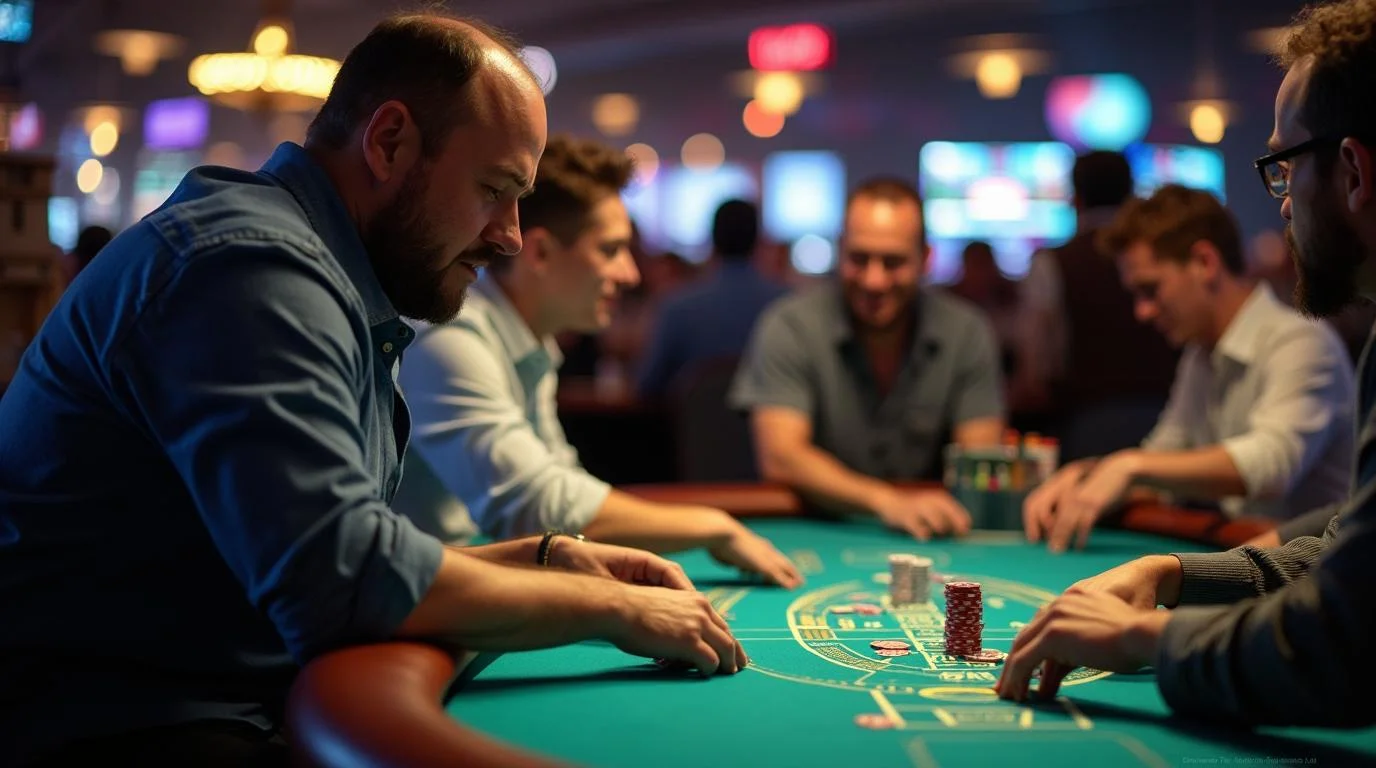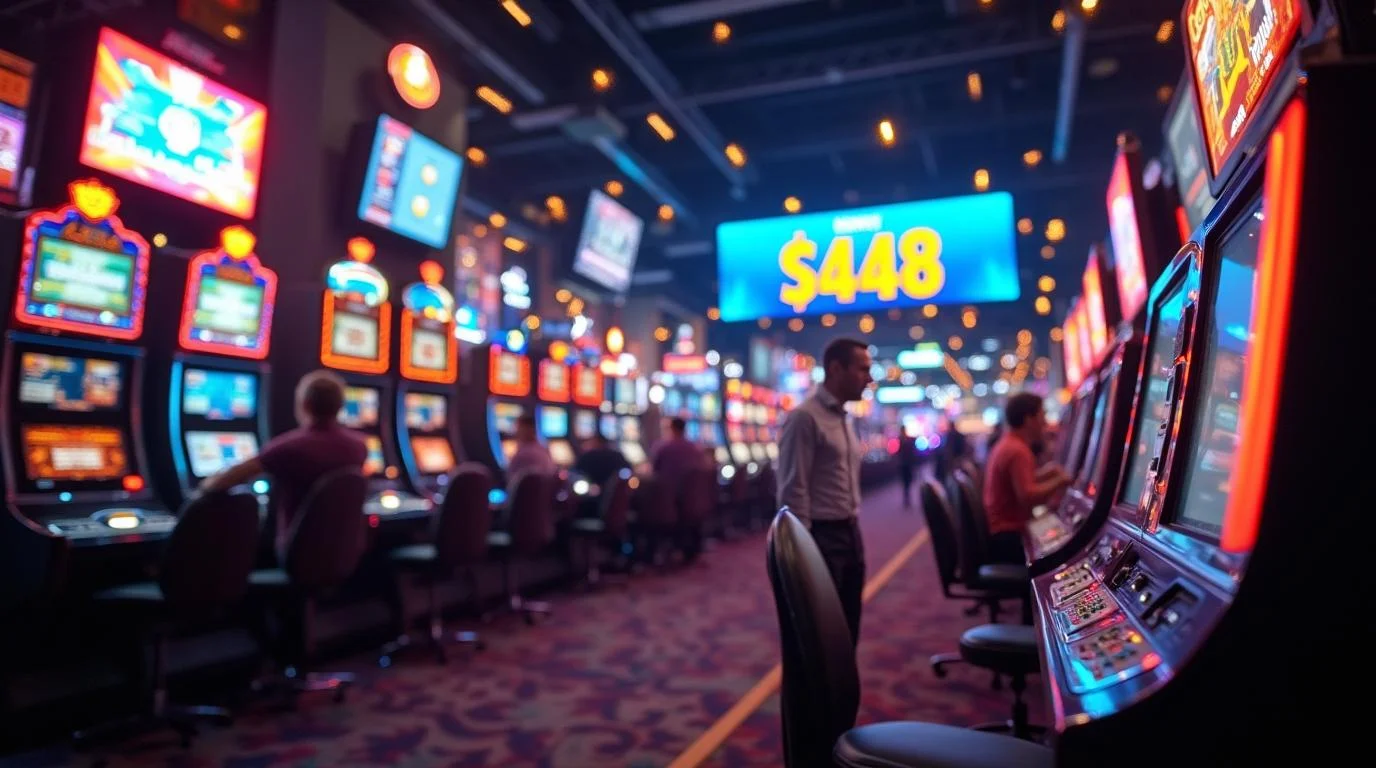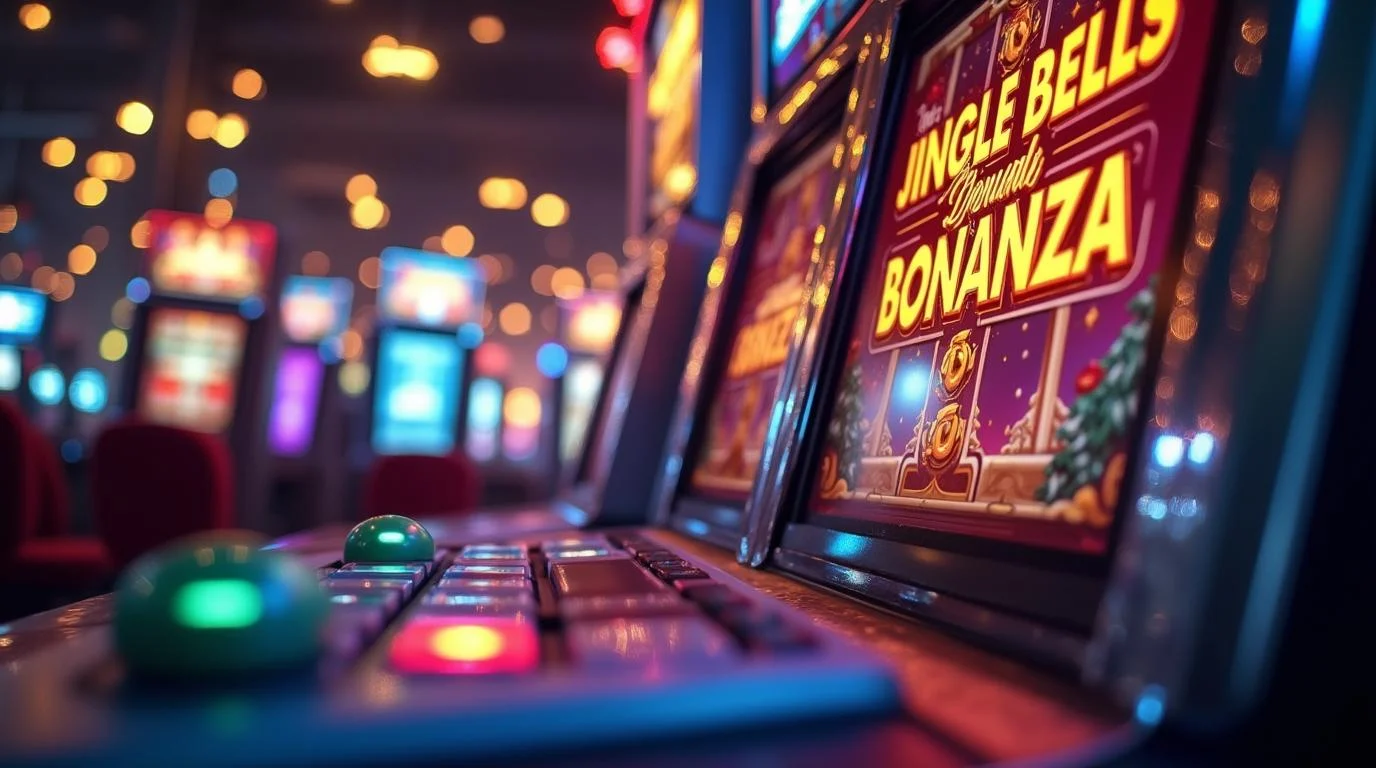Rhode Island Senators Agree to Raise Credit Limits for Bally’s High Rollers

1.0
Default
Senate Bill 3040 has been approved, and it means that Bally’s Casinos high rollers in Rhode Island can now benefit from an increase in their credit limits to double the amount. In the past regulation, casinos could lend high rollers up to $50,000 for each player - but under the new ruling, casinos could lend as much as $100,000.
Last week, the Rhode Island Senate passed legislation that would allow Rhode Island's two casinos to increase their lending to high rollers. This new development could see Bally's Tiverton and Bally's Twin River Lincoln extend higher amounts of credit to gamblers after a recent advancement in the state capital. At the moment, these casinos are restricted to offering up to $50,000 in cash to gamblers, based on successful credit checks confirming their ability to repay.
The House of Representatives will still have the final say
But Senate Bill 3040 aims to amend these regulations, enabling the casinos to double the credit limit to $100,000 per player. The state Senate voted 28 - 5 in favor of the Bill last Thursday. The bill is now proceeding to the House of Representatives and has been forwarded to the House Finance Committee for initial consideration.
Bally's Corporation requested the increased credit line through state Senate President Dominick Ruggerio, and the gaming company argues that this amendment is necessary for their casinos to remain competitive with gaming establishments in neighboring states such as Massachusetts and Connecticut, where no such credit limits exist.
A controversial proposal
However, the proposal has not been without controversy. State Senator Sam Bell, who voted against SB3040, questioned the necessity of allowing a gambler to lose over $50,000 in a single day. "This is bad," Bell asserted. He added that going into debt because of gambling activities is dangerous, and stressed, "We should not maximize profit when it comes to an addictive product."
In defense, Bally's Casino stated that high rollers possess the financial capability to handle extreme losses. The extension of credit, they argued, is not meant to provide these gamblers with funds they lack, but rather to offer a safer, more convenient way to obtain large sums without physically carrying thousands of dollars. The casino credit, or "markers," must also be repaid within a specified period, typically ranging from 15 to up to 45 days. Furthermore, casinos make sure to conduct credit checks before issuing these markers.
What it takes to get some cash at Bally's
Credit applications at Bally's Tiverton and Lincoln require such players to submit two bank account details, which are then validated by a third-party independent service. In addition, applicants who falsify information on credit applications are liable for perjury under Rhode Island law.
The Rhode Island House of Representatives has until June 14 to pass the credit bill and send it to Governor Daniel McKee for final approval.
Another vital regulation up in the air
Meanwhile, another legislative effort related to casino operations has stalled. A bill introduced in February aimed at revising the clean indoor air law in the state, which currently allows indoor smoking in parimutuel wagering establishments and casinos will not make it to Governor McKee's table anytime soon. House Bill 7500 was shelved in May by the House Finance Committee in order to conduct a further study on the economic impact of enforcing a smoke-free environment in gaming venues.
In 2024, Rhode Island's Public Health and Workplace Safety Act permitted indoor smoking in casinos, but Bally's announced in 2022 that smoking would not be allowed at table games. Despite this, a grassroots alliance of Bally's workers and employees continues to push for legislation that would completely ban secondhand smoke in their workplaces. Senate President Ruggerio, a smoker and a cancer survivor, opposes such changes. He has suggested that gamblers who wish to avoid tobacco smoke in casinos should stay home and try gambling online.
The ongoing debate stresses the balance lawmakers must strike between public health concerns and the economic interests of the state's gaming industry. As the casino credit bill moves forward, the discussions surrounding indoor smoking regulations are likely to continue, and it reflects the complexities of many legislative decisions in the gaming sector in the coming years.



















